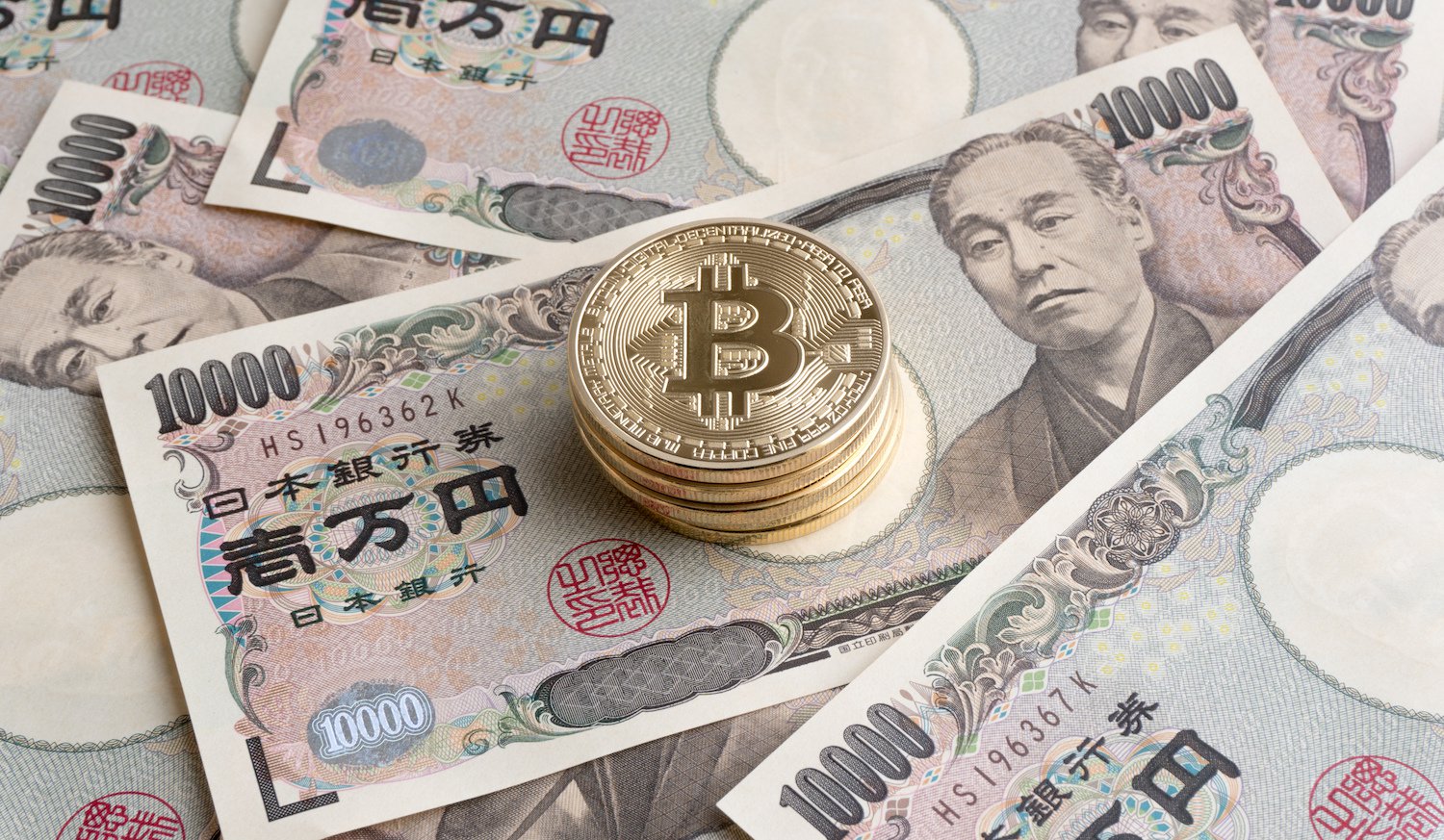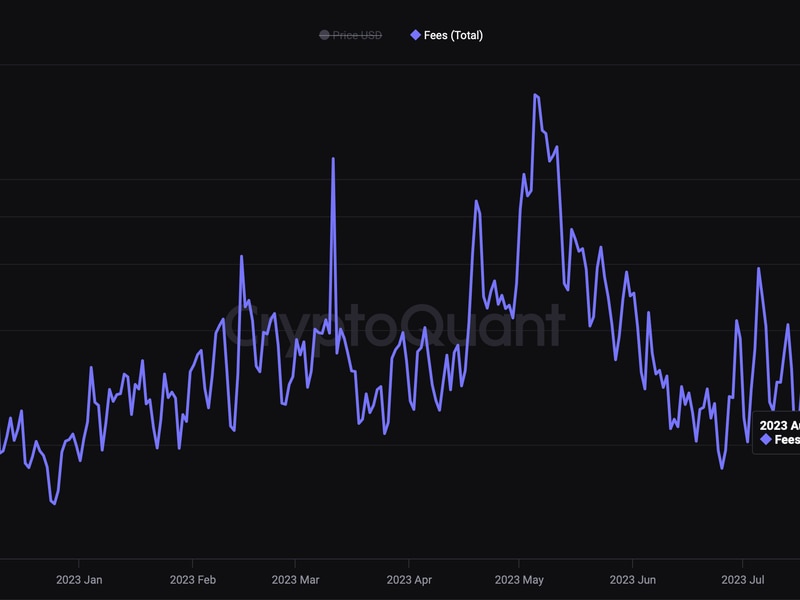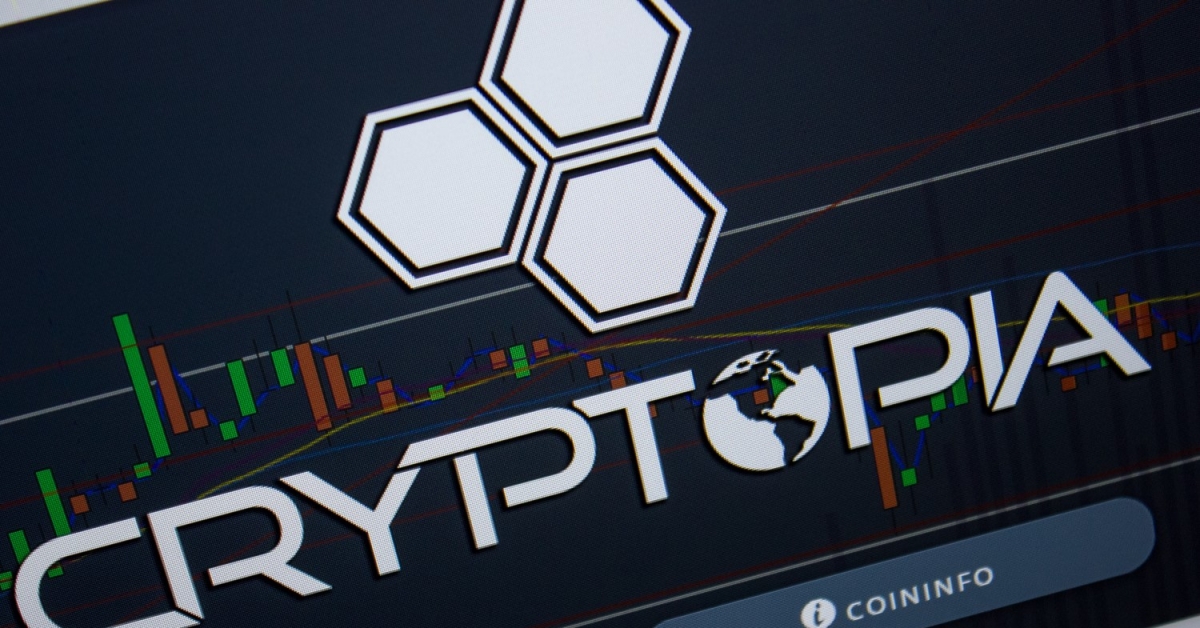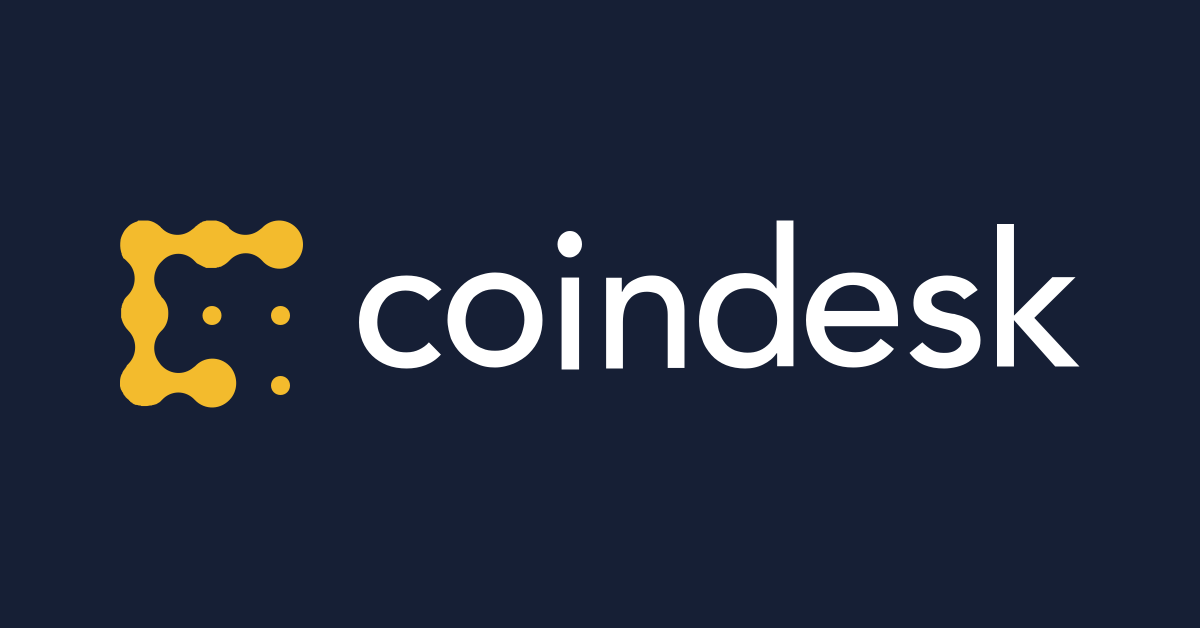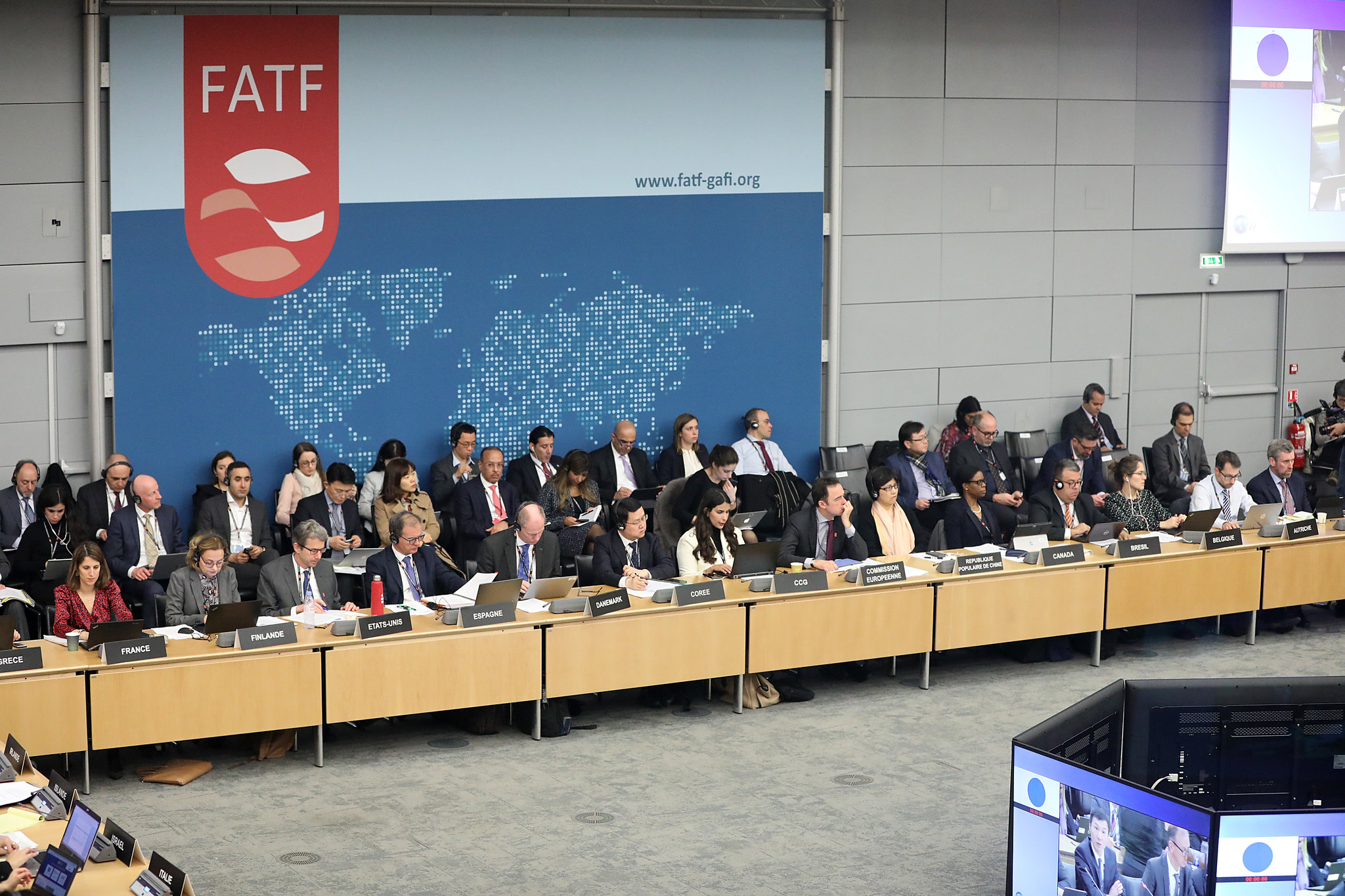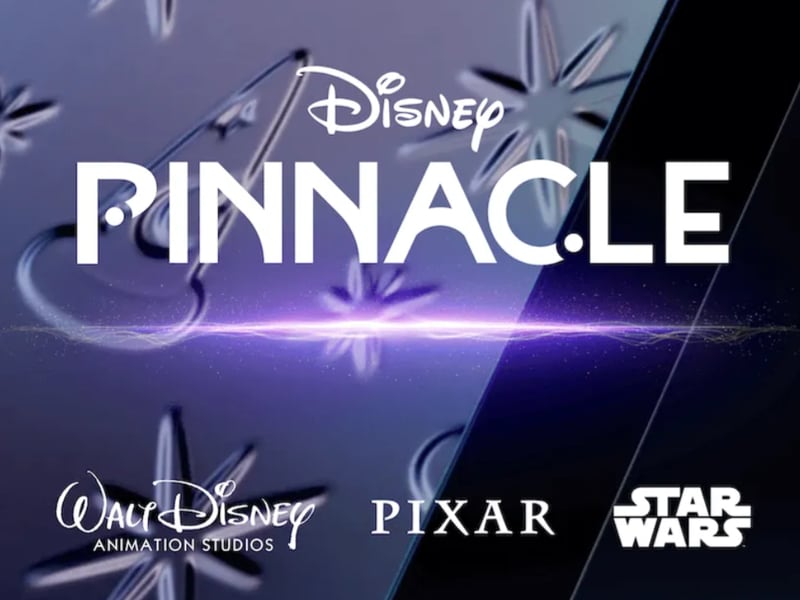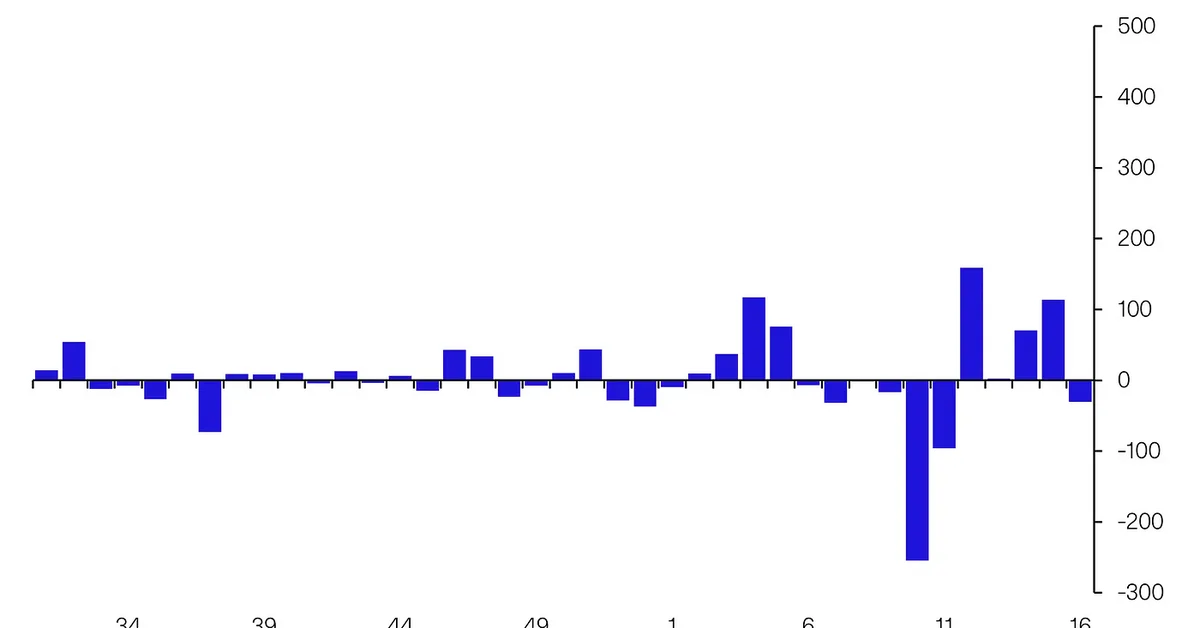Crypto Exchange Backed by Fidelity, Schwab and Citadel Launches With Additional Investors
EDX Markets (EDX), which is backed by Fidelity Digital Assets, Charles Schwab and Citadel Securities, has launched in the U.S. after building out its technology for the past nine months, the company announced Tuesday.
“I am proud to announce that EDX Markets (EDX) has successfully launched our digital asset market and completed an investment round with new equity partners,” EDX Markets CEO Jamil Nazarali wrote on LinkedIn. “EDX’s official launch allows our outstanding team to bring to crypto the same values and standards of competition, transparency, fairness and safety that investors in traditional assets expect and enjoy.”
The new crypto exchange made headlines after it announced its creation in September with investments from major tradfi firms Fidelity, Schwab, Paradigm, Sequoia Capital and Citadel, the latter being a former employer of Nazarali.
With the launch of its digital asset market comes a new round of capital which includes investments from Miami International Holdings, DV Crypto and GTS among others, the company said.
The launch follows the news just last week that asset management giant BlackRock had filed paperwork with the SEC to create a spot bitcoin ETF.
One thing that separates EDX Markets from other crypto exchanges is that it doesn’t custody customers’ digital assets. Instead, users will have to go through financial intermediaries to buy and sell crypto assets, similar to how trades are executed on the New York Stock Exchange (NYSE) or the Nasdaq (NASDAQ). Regulators like the different approach, Nazarali said, because they think it’s important that there’s separation between the exchange function and the broker dealer function.
“What we’re seeing is that increasingly, investors want to trade through their trusted intermediaries and that’s especially true post FTX, which was supposed to be the leader in the digital market. If you can’t trust them, who can you trust?” Nazarali told CoinDesk in an interview in April. “So people are falling back on the firms that have been around for a really long time and that have really stood the test of time and that’s a really important tailwind for us.”
The company will later this year launch EDX Clearing to settle trades matched on EDX Markets.
So far, the exchange only offers four tokens – bitcoin (BTC), ethereum (ETH), litecoin (LITE) and Bitcoin Cash (BCH) – partly because of the unclear regulatory landscape in the U.S.
“We have a limited set of tokens because until there is more regulatory clarity, we don’t want to trade something that’s potentially a security,” Nazarali said in April. “Regulators really like that we don’t take that risk.”
While EDX Markets will consider an international expansion “down the line,” for right now, it will solely focus on its operations in the U.S., Nazarali said in April. “We were founded really to solve a problem in the marketplace in the U.S.”
Edited by Nelson Wang.


